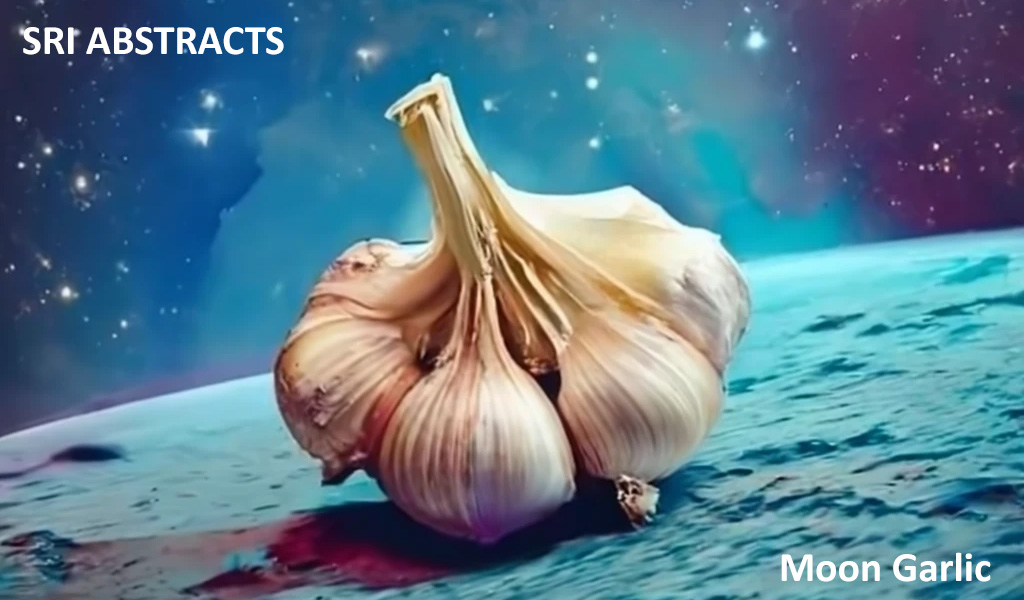(WHY TRUE ENVIRONMENTALISTS SHOULD BE THE BEST SPACE SETTLERS’ FRIENDS)

The European Parliament has passed (by a very narrow majority) a law to divest 20 percent of farmland in favor of restoring a “natural” environment. On the wave of panic caused by the climate crisis and suffocating plastic pollution, the European Union Parliament decided to penalize farmers – the same farmers who are currently beleaguered, finding entire crops destroyed by rampant wild boars and animals reintroduced into areas where they had long since become unsustainable by local economies.
Thinking of “restoring nature” in a super-urbanized and super-industrialized territory is like wanting to put the toothpaste back into the tube once it comes out. This would unavoidably penalize various sectors.
Particularly unfair is hitting first the very sector that provides us with food! With prices already on an upward ramp (due to post-pandemic circumstances and the current war in Ukraine), it is easy to foresee further surges in vegetable prices. Who will subsidize the “restoration of nature”? The less affluent classes will clearly find even traditional chip food unaffordable. After all, Serge Latouche had already warned us about this in his delirious little booklet on so-called “happy de-growth” (2008): “De-growth will certainly cause some social problems, but this is a problem of governments, it does not concern us.”
Actually, the only way to allow planet Earth’s environment to “take a breath” (and refresh itself after human super-exploitation) is to begin expanding our industrial activities into cislunar space. But this is a process that will not be enabled in a few years. Moving heavy industry off planet Earth will require (1) starting now (we won’t achieve this if humanity will grow up to 9 or 10 billion residents in a stubbornly closed world); (2) giving much higher priority to required technologies — which presently are entirely entrusted to a few willing, brave and visionary entrepreneurs, who are truly worthy of great praise and international support. Unfortunately, these pioneers are generally ridiculed by the very people who are plunging civilization into degrowth ravines (without the possibility of return). Also, we should not forget that, while moving industries into space, we will need to take care of eventually freed areas on Earth’s surface. It will not be adequate to “let nature restore itself”. Dismissed industrial areas will not suddenly and automatically transform into beautiful wild forests. If left to themselves, such territories would more likely deteriorate, with environments even worse than before. Many dismissed industrial areas could be profitably repurposed for cultivation, gardening, and public nature parks. But that implies that the expanse into space will help generate many business and job opportunities on Earth, not only in space.However, the above argument is not the only reason for true environmentalists to be strong advocates and allies of space settlers.
By expanding civilian activities outside the boundaries of Earth’s atmosphere, the burdens of industrial development on Earth will be significantly reduced. This is easy to understand, and it is incredible that so few people acknowledge this as a formidable factor impacting sustainability – capable, even by itself, to help sustain human development for centuries and millennia to come. Yet, there are other critical conditions – perhaps less evident, but no less important. The experiences of communities living, working, and growing in space will ultimately help improve earth-bound agriculture. For example, consider cultivation in hermetically closed environments (or hydroponics), in which crop yields will be manifoldly multiplied, products will be free from insects, weeds, and plant diseases, and water consumption will be reduced by 95% [1].
Last, but not least, moving industries into outer space will reduce the earthly demand for energy by 50%[2], as the only energy demand on Earth will come from private citizens, commercial activities and tertiary sectors. This factor will greatly sustain the new “carbon-free” enterprise on Earth, such as the “web society”, electrical mobility, traveling, entertainment, and citizens’ daily life based on electronics.
Planet Earth will gradually become a beautiful naturalistic garden, and earthly communities will increasingly draw their livelihoods from lighter industrial activities, commerce, product distribution and maintenance, natural environments and wildlife reserves, reducing environmental pollution, and tourism.
Isn’t the above the dream of any sincere environmentalists? Of course, I am addressing the “humanist” part of the environmentalist movement, which considers civilization’s development a human right. I am happy to reproduce, hereafter, the abstract received by whom I believe to be a champion of such current, Emeline Paat-Dahlstrom[3], one of the speakers at the 18th SDG Panel, to be held in New York on the 15 of September 2023, concurrently with the U.N. General Assembly 78.
“Space for All – Catalyzing space ecosystems and industries for the rest of the world
Space offers not only a frontier for exploration and discovery, but also a source of solutions and opportunities for the most pressing challenges and needs of humanity, such as climate change, food security, and energy sustainability. Thanks to exponential technologies, access to space has become more affordable and accessible, enabling startups and innovators to compete with space agencies and big aerospace companies. However, there is still a technological divide between space-faring nations and the rest of the world, which limits the potential of space for all. To bridge this gap and ensure that no one is left behind in the space economy, we need to work together as space enablers around the world. We need to create opportunities and educate the rest of the world about the benefits of space. We need to create pathways and build space ecosystems that can support an abundant future in space for all of humanity. The establishment of an 18th UN SDG on “Space for All” is an important step towards this vision. Emeline Paat-Dahlstrom.”
[English language editing by Jim Crisafulli]
An 18th Sustainable Development Goal – #Space18SDG Space for All, Civilian Space Development, on Earth and Beyond –, to be added to the United Nations 2030 Agenda for Sustainable Development. Such an initiative was presented during a recent speech at UN COPUOS in Vienna[4]
15 September 2023: follow the #Space18SDG session, for U.N. General Assembly 78, on the Space Renaissance Youtube channel: link will follow soon.
See the draft program: https://agora.spacerenaissance.space/15-september-speakers/
Sign the #Space18SDG petition: https://www.change.org/space18sdg
See the list of Co-Promoters: https://spacerenaissance.space/the-space18sdg-proposer-organizations/
Add your organization to the Co-Promoters group: https://spacerenaissance.space/sign-the-18th-sdg/
Please don’t forget to support the Space Renaissance:
Join the SRI Crew: https://spacerenaissance.space/membership/international-membership-registration/
Donate some money: https://spacerenaissance.space/donate-to-space-renaissance/
Watch and subscribe the Space Renaissance YouTube channel: https://www.youtube.com/@spacerenaissance
[1] Thomas Matula “The Role of Space Habitat Technology in Developing Robust Sustainable Communities on Earth”, https://www.youtube.com/live/vlO8C5Vu3Vk?feature=share
[2] Adriano V. Autino at Foundation For Future 28062023 https://youtu.be/632k8YImUjI
[3] Emeline is the founder of SpaceBase (New Zealand) https://spacebase.co/
[4] https://agora.spacerenaissance.space/the-18th-sdg-proposal-was-announced-at-copuos-66th-session-in-wien-the-5-june-2023/









 Space Renaissance France (French Chapter of SRI)
Space Renaissance France (French Chapter of SRI)  Space Renaissance USA, Inc. (USA Chapter of SRI)
Space Renaissance USA, Inc. (USA Chapter of SRI) Space Renaissance (Italian Chapter of SRI)
Space Renaissance (Italian Chapter of SRI) Space Renaissance Academy
Space Renaissance Academy Space Renaissance Initiative Group
Space Renaissance Initiative Group